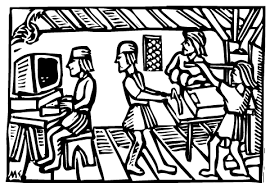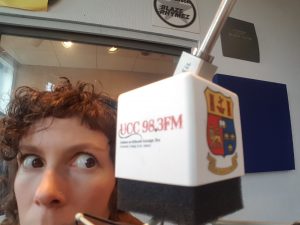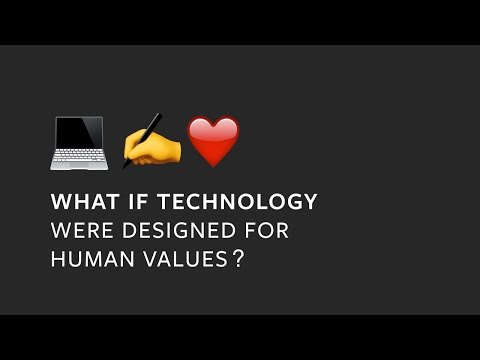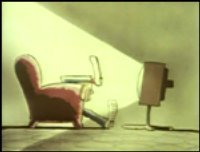I’m at the end of the first semester of my MA in Digital Arts and Humanities at UCC so it seems like a good time to sit back and reflect on what I’m doing here, where its going and what exactly Digital Humanities is. Much time seems to be spent in a debate about this and whilst debate keeps things vibrant it can become a bit exasperating at times to be working in such an all encompassing field. The title Digital Humanist seems to mean different things to different people.
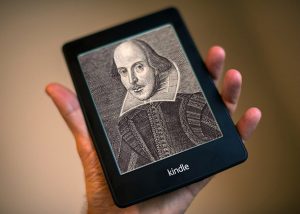 The fundamental concept is about connecting the Arts and Humanities with Technology. Its also about how we use technology and how technology uses us, about making best use of digital tools for humanities based projects and asking questions about this very process. Its about transformation, democratisation, activism. It begs for definition and at the same time rejects it. The Digital Humanities Manifesto is a frustrating and confusing document with multiple contributors that challenges our conventional way of reading and defining. Whilst being limited in its design – it appears very amateurish , like desk top publishing from the nineties – its refusal to conform to a standard is beginning to make more sense to me the longer I engage with DH.
The fundamental concept is about connecting the Arts and Humanities with Technology. Its also about how we use technology and how technology uses us, about making best use of digital tools for humanities based projects and asking questions about this very process. Its about transformation, democratisation, activism. It begs for definition and at the same time rejects it. The Digital Humanities Manifesto is a frustrating and confusing document with multiple contributors that challenges our conventional way of reading and defining. Whilst being limited in its design – it appears very amateurish , like desk top publishing from the nineties – its refusal to conform to a standard is beginning to make more sense to me the longer I engage with DH.
Can DH really be all things to all people? According to a useful blog I came across by Dr. Amanda Visconti, who writes under the pseudonym Literature Geek the answer to the question ‘Am I DH? ‘ is simply : ‘Yes, if you want to be.’ Her clear and interesting post ‘What, where and how of Digital Humanities’ helped me to move towards some kind of definition of DH.
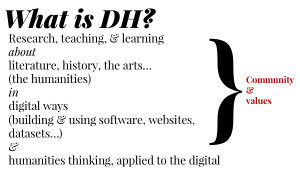
Over the last few weeks there have been some lightbulb moments, like the announcement in one of our lectures that creativity is fundamental to DH and fresh opinion is valued; Bloom’s taxonomy of learning is turned on its head and Create rather than Remember becomes the guiding principle of teaching and learning.
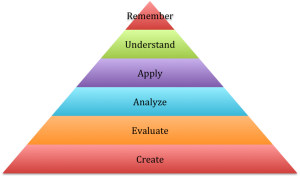
Another one was waking up to the concept of accessibility in the digital sphere. As an able bodied person I have often considered the issue of access from a buildings perspective but never thought about what I could put in place on myn own website or digital contributions to make my site more universally acceptable. As it happens, embracing a form of universal design and installing a simple word press plug-in WP Accessibility , can kickstart this process quickly. I’m trying it out on this site and now have side toolbar toggles that can alter the text size and background , as well as skip-lines and prompts that remind me to write in Alt text for images. I’m awake to ideas about how I might present my material differently and am considering whether there is a way I could present song in a form that can be enjoyed by deaf people.
The scope of possibility for transformation and activism through DH is another area that interests me , even simply the potential to link up easily with those working on similar or complementary projects. It is inspiring to find that we can link under a banner such as #TransformDH or that I will continue to discover banners, groupings and hashtags that are relevant to my work such as #soundingthefeminists and #theworldislistening.
I have been exposed to a dizzying array of ideas , projects and themes that constitute Digital Humanities. What has jumped out ?
- Key concepts like intersectionality, accessibility and transformation
- Countless academic texts for example about How we read Now, Communities of Practice and treatise on the limitations and possibilities of DH
- Activist and Transform DH projects like The Quipu Project and Mukurtu
- Projects that involve creating new archives or digitising existing archives like the Irish National Archive’s 1901 and 1911 census
- Animating museum and art collections and making them available online like the pan European art database Europeana
- Deep Mapping projects like West Cork Deep Maps Project and Cork Folklore Project’s Memory Map
- A study of Irish feminist hashtivism that I’ve written about in another post.
- Tools such as Omeka, Neatline etc.
- Creative Commons , open source platforms, questions about net neutrality and freedom
On reflection I realise that I have already learnt a lot about what DH is -what I’ve referred to here only scratches the surface. I am now in a position to appreciate the freedom of not being confined or constrained by rigid definitions and to enjoy a sense of possibility and expansion within and without this discipline.
.

